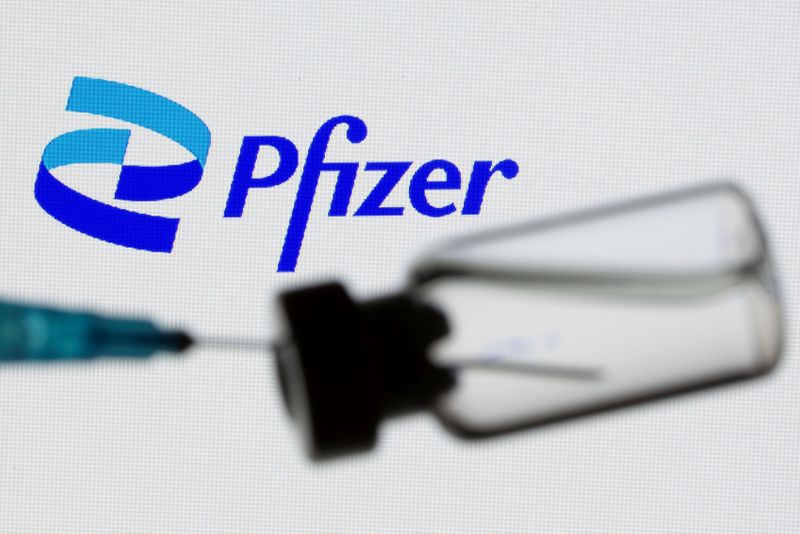How long should I wait to take a booster dose after I have Covid? Brazil is facing an explosion in Covid cases driven by the omicron variable. In the midst of this scenario, vaccination against the virus continues.
With more than 67% of the Brazilian population immunized with the standard regime – two doses or one dose – most people are prepared to receive the immune system booster, which must be applied four months after the second dose.
However, according to a technical note from the Ministry of Health, people infected with the Covid-19 virus should postpone vaccination for at least four weeks after symptoms appear – people without symptoms should wait four weeks from their first positive PCR test.
The note also highlights the need to wait for full clinical recovery and then take the extra dose if the disease lasts longer.
In fact, the guidelines for the four-week period in the case of those with Covid-19 do not depend on whether the patient is looking for the first, second or third dose.
Dr. Renato Kfoury, Director of SBIm (Brazilian Society for Immunization), explains that if a person has cold symptoms and Covid-19 has been ruled out, there is no problem in receiving the vaccination. The only point of concern in this case is that you have not had a fever in the past 48 hours.
However, Kfoury analyzes that, most likely, since the start of vaccination, many asymptomatic people have been vaccinated for Covid-19 and that the proposed interval is not a measure with scientific evidence that a vaccine will do harm or will necessarily have a different performance but rather a measure Precautionary.
“The recommendation is based on what is understood from other diseases, on the basis of convalescence [termo que se refere ao período de recuperação que uma pessoa passa após alguma doença]” He says.
Andre Ricardo Ribas Freitas, Professor of Epidemiology at the São Leopoldo Mandic School of Medicine, explains that the trend towards postponing vaccination after infection with the virus is linked to the production of antibodies during this period.
“When the antigen is received, the patient’s body begins to produce antibodies to neutralize the virus, and when the antibodies are produced, the body learns to defend itself. If the patient already has high enough levels of antibodies to neutralize this virus, the vaccine risks not having an effect,” Freitas explains. the vaccine “.
So, he says, four weeks will be the time needed to reduce antibody levels. Therefore, when a patient receives the injection, their immune system is ready to work with the new antibodies.
The doctor confirms that infection with the Covid-19 virus does not guarantee immunization against the disease, so vaccination is necessary to contain the virus.
The antibodies of interest in inactivating the virus are those that are able to neutralize the spike protein. Not because the virus has more antibodies than the vaccine makes the infection more effective,” he says.



“Wannabe internet buff. Future teen idol. Hardcore zombie guru. Gamer. Avid creator. Entrepreneur. Bacon ninja.”

